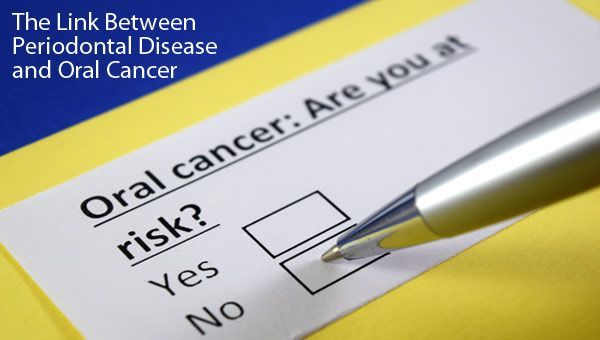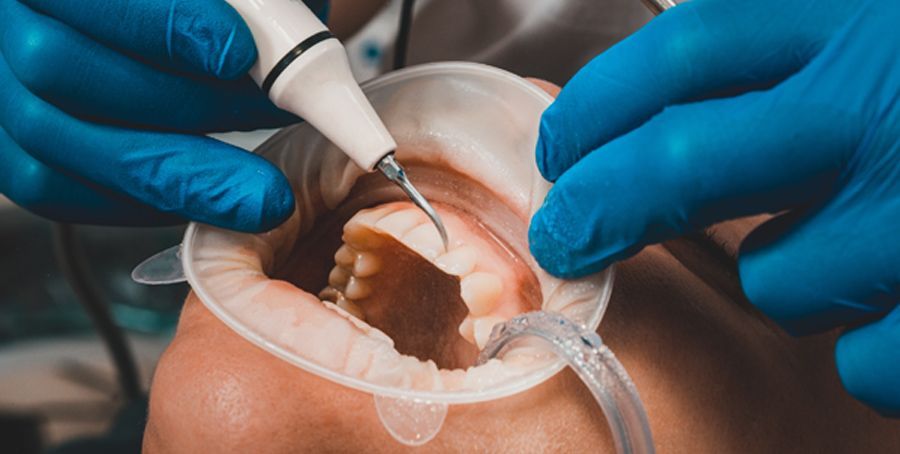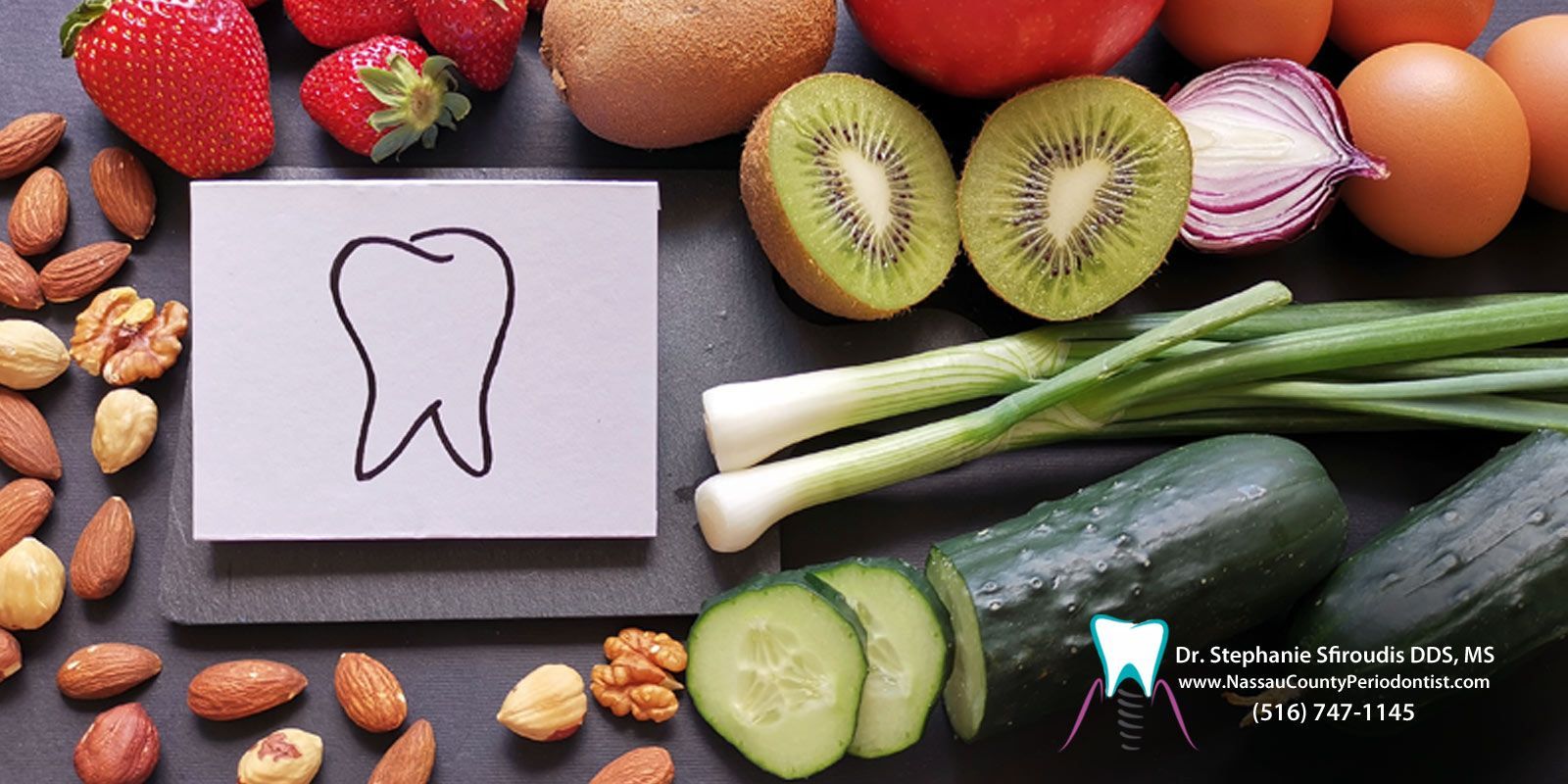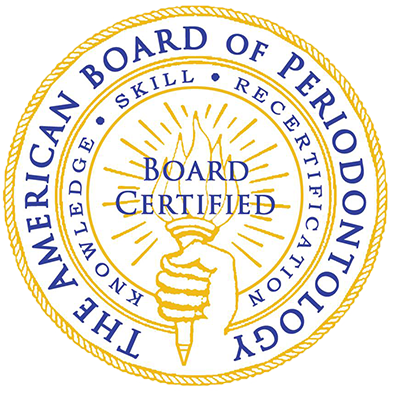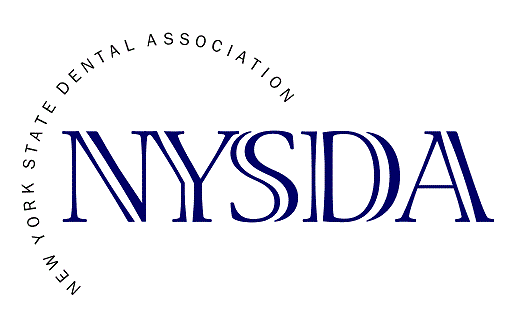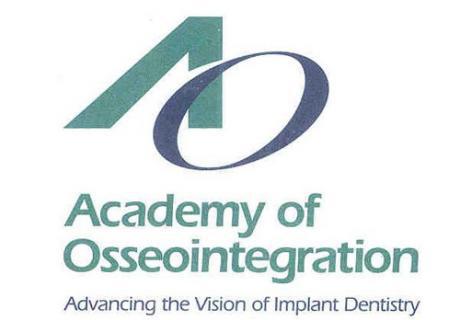The Role of Periodontal Therapy in Managing Systemic Health
The interplay between oral health and systemic health is undeniable, and periodontal therapy plays a pivotal role in managing this intricate relationship.

Oral health has long been recognized as an essential aspect of overall well-being. Over the years, researchers have discovered numerous connections between oral health and systemic diseases, shedding light on the intricate relationship between our mouths and the rest of our bodies. In this post, I will delve into the vital role of periodontal therapy in managing systemic health, emphasizing the importance of a comprehensive disease prevention and maintenance approach.
Systemic health refers to the state of overall well-being and functioning of the entire body, including various systems and organs. It encompasses the physical, mental, and emotional health of an individual. The interconnectedness of different systems within the body means that the health of one system can have an impact on others.
Periodontal disease, commonly known as gum disease, is a chronic inflammatory condition that affects the supporting tissues around the teeth. It is primarily caused by bacterial plaque and tartar buildup, leading to inflammation, tissue destruction, and eventually tooth loss if left untreated. However, the impact of periodontal disease extends far beyond the mouth.
The Oral-Systemic Link
Periodontal disease has been associated with an increased risk of various systemic conditions, including cardiovascular disease, diabetes, respiratory infections, certain cancers, rheumatoid arthritis, and adverse pregnancy outcomes. While the precise mechanisms behind these connections are still being researched, it is believed that the chronic inflammation and bacteria from the oral cavity may enter the bloodstream, disseminating throughout the body and sparking inflammatory responses in distant organs.
Role of Periodontal Therapy
Periodontal therapy, consisting of both non-surgical and surgical interventions, serves as a cornerstone in managing periodontal disease and its associated systemic health implications. This multifaceted approach aims to reduce inflammation, control infection, and restore oral health. Let's explore some key elements of periodontal therapy:
- Scaling and Root Planing - Scaling and root planing is a non-surgical procedure performed by dental professionals to remove plaque, tartar, and biofilm from the tooth surfaces and root surfaces. This deep cleaning helps eliminate bacterial pathogens responsible for the inflammation, reducing the burden on the immune system and reducing the risk of systemic complications.
- Periodontal Surgery - In cases where non-surgical interventions are insufficient, periodontal surgery may be recommended. This option allows for more access to clean the root surfaces and repair damaged tissues, promoting better healing and restoration of periodontal health.
- Maintenance Phase - Once periodontal therapy is completed, regular maintenance appointments are crucial to maintaining oral health and preventing disease recurrence. These visits involve professional cleanings, thorough examinations, and reinforcement of oral hygiene instructions to help patients sustain their newfound oral health and minimize the risk of future systemic health issues.
By effectively managing periodontal disease through therapy, several potential benefits emerge:
- Reduced Inflammation - Periodontal therapy targets the inflammation at its source, significantly reducing the systemic inflammatory burden. This attenuation can help decrease the risk of cardiovascular events, control blood sugar levels in diabetes, and improve overall systemic health.
- Systemic Disease Risk Reduction - Addressing and managing periodontal disease may contribute to a reduced risk of various systemic diseases. While further research is needed to fully understand the causal relationship, emerging evidence suggests that controlling oral inflammation can positively influence overall health outcomes.
- Enhanced Quality of Life - Periodontal therapy not only helps prevent tooth loss and maintain oral health but also contributes to improved quality of life. By minimizing discomfort, halting disease progression, and preserving oral function, individuals can enjoy a healthier, more fulfilling life.
The interplay between oral health and systemic health is undeniable, and periodontal therapy plays a pivotal role in managing this intricate relationship. By targeting the inflammation and infection associated with periodontal disease, we can promote better systemic health outcomes.
Additionally, ongoing research in this field continues to shine a light on new connections and potential treatment approaches that can further enhance our understanding of this important subject. Ultimately, adopting a comprehensive strategy that encompasses both periodontal therapy and systemic health management is crucial in preventing disease and maintaining optimal overall well-being.
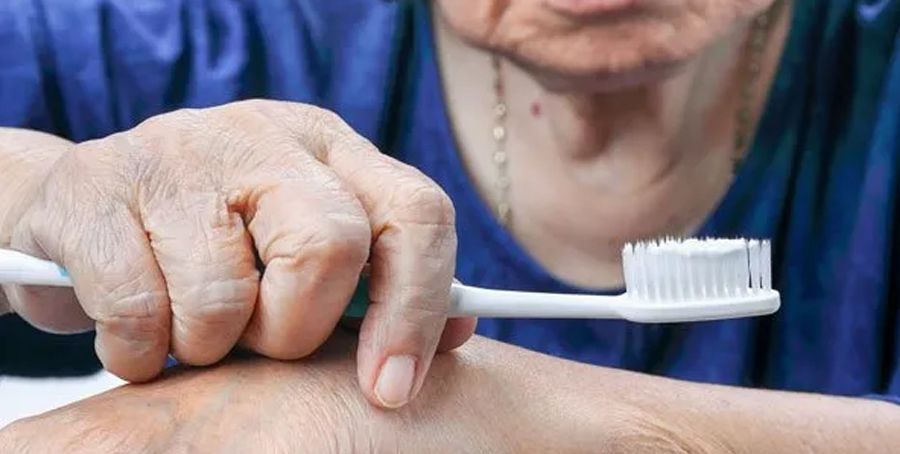
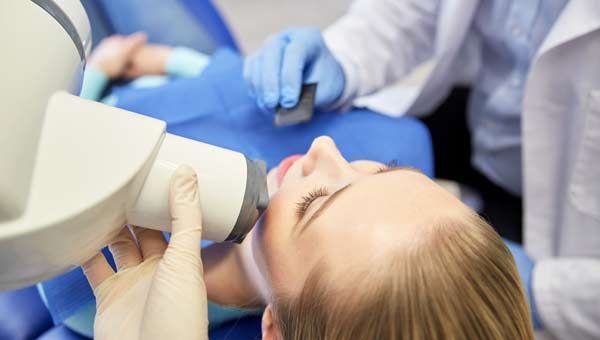
Williston Park , New York 11596

